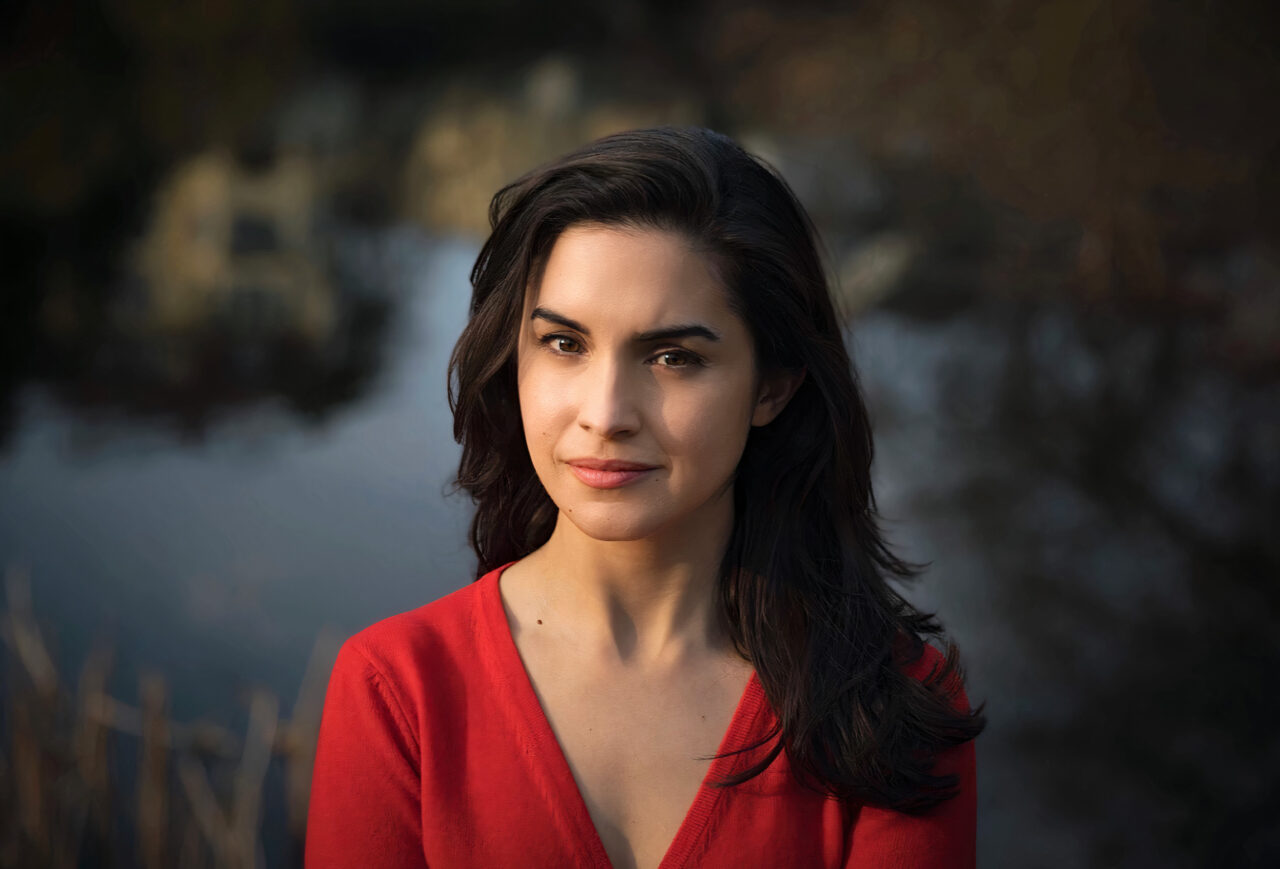New Lecture Series Explores the Passion of Criticism

Merve Emre, Shapiro-Silverberg Professor of Creative Writing and Criticism, believes the function of criticism is to model a passionate form of thinking. Her new lecture series will put that passion on display through a series of conversations with writers working at the top of their profession.
The series, called “The Critic and Her Publics,” features writers from The New Yorker, New York Times Magazine, N+1, and other leading publications. The lineup includes Andrea Long Chu, Maggie Doherty, Moira Donegan, Hannah Goldfield, Lauren Michele Jackson, Jo Livingstone, Anahid Nersessian, Sophie Pinkham, Doreen St. Felix, Parul Sehgal, Carina del Valle Schorske, and Christine Smallwood.
This is an opportunity for individuals interested literature, criticism, and great writing to hear from a group of personable and charming conversationalists, Emre said. It’s also a chance for students to get a practical sense of how one engages in criticism.
“(Criticism) helps people discriminate between different kinds of objects, expands people’s tastes, both historically and geographically, and helps preserve texts that might not survive the logic of the market or the politics of our current moment,” said Emre, who is the Director of the Shapiro Center for Creative Writing and Criticism.
The series, which is free and open to the public, kicks off September 19 and takes place in the McKelvey Room in the Admissions building, located at 70 Wyllys Avenue. The first half of each conversation, led by Emre, will be about the writers’ unique backgrounds. For the second half of each program, Emre has promised a few surprises.
The talks are an extension of her class, which shares the same name as the series. The course covers the history of criticism from the 17thcentury through the early 21st century. However, when creating the syllabus Emre realized she didn’t have the time to include people who were working today.
“I thought the best way to supplement the course offering would be to run this series, where I could bring in people who are working today and they could talk about their approach to criticism, but also demonstrate for students and interested members of the public how to do criticism,” Emre said.
In putting together the lineup, Emre had specific criteria for the speakers—they needed to engaged with a wide variety of forms and come from a variety of backgrounds.
“We have a number of literary critics, but we also have critics who write about dance, music, film, food, and television. I wanted to demonstrate that criticism can apply itself to a wide range of objects,” Emre said. “Some of them are current academics, but others have never been in the academy. They have a different range of aesthetic sensibilities and political motivations for the criticism that they do.”
There is an opportunity for the series to reach a wider audience. Starting in January, the talks will be released in a podcast sponsored by the New York Review of Books and LitHub.
“One of the questions that grounds all of the talks is, what should be the function of criticism at a time when anyone with access to the internet and basic literacy skills can produce commentary on any object?” Emre said. “Now that the power and the authority of the traditional centers of criticism, like schools and magazines, have started wane, how can we articulate a shared practice of criticism?”
Over the course of the upcoming academic year, The Shapiro Center will host master classes with audio book narrators and translators, lectures featuring leading poets, as well as events featuring Distinguished Writers in Residence Chigozie Obioma and Damion Searls.

